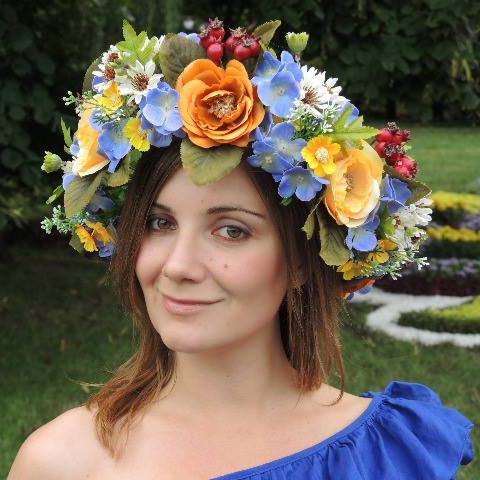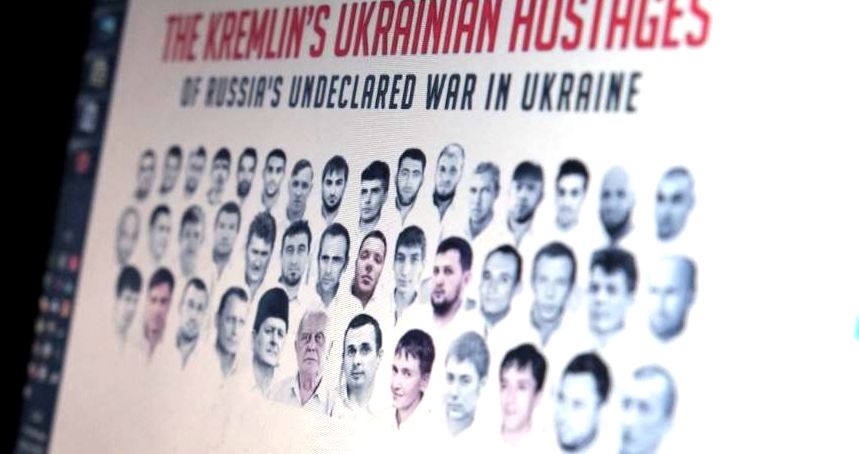Vladimir Putin’s propaganda machine has been highly successful in defining the world for many Russians, but it may have been even more successful in defining how residents of another country view the situation in Ukraine. That country is Germany and especially its foreign policy experts, according to a Ukrainian scholar-become-journalist.
In a commentary for “Novoye vremya,” Olga Dukhnich, who earlier taught political science and psychology at Simferopil’s Tauride University, draws that conclusion on the basis of her visit last week to Germany and her conversations at two of leading foreign policy think tanks.
Dukhnich writes today that she found five ways in which the views of German experts about Ukraine differed from what she sees on the basis of her own experience. And while she cautions that the views of the experts may not reflect the views of all Germans, her presentation suggests that those views do in fact define how Berlin is now thinking.
First, she says, the majority of German experts are convinced that “Ukraine is still divided on a nationalist West and a pro-Russian East” and that as a result, it need to be “federalized” and allow for “the self-determination of the regions,” exactly the view of Vladimir Putin.
And like Putin, the Germans perhaps for “tactical” reasons, don’t talk much about “who must be the subjects of this self-determination,” thus leaving open the possibility for Russian interference.
What Dukhnich says struck her in particular is the failure of the German experts to pay attention and take into consideration “the processes of the consolidation of Ukrainian society produced by the Maidan and the war and the indications from sociological research showing this consolidation and the absence of ethnic and language as the basis for dividing Ukraine.”
Second, during the two days of meetings, she continues, “only one German participant called Europe a participant of the conflict in Ukraine” and “no one called the occupation of Crimea a European problem.” Most viewed Europe as at most a mediator in the conflict “beyond the borders of the European space.”
“The idea that the current conflict can finally and irreversible destroy the former and customary relations between Ukraine and Russia does not appear to them to be an obvious conclusion,” Dukhnich says, although it is clearly what everyone in Ukraine and many in Russia recognize to be the case.
Third, she points out, “the development of civil society in Ukraine which it is difficult not to notice even from the outside remains for German colleagues” something they do not fully appreciate because Ukraine lacks the unions which they view as a necessary part of such a society, forgetting of course that in post-Soviet states, unions are “institutions of the Soviet past.”
Fourth, like Moscow but unlike Ukraine, the German experts treat the question of Crimea “separately from Ukraine” and “in the context of the Russian occupation. They don’t believe that Crimea can or in some cases apparently must be returned to Ukraine and fear any effort to achieve that would lead to unacceptable bloodletting, again what Moscow says.
And fifth, Dukhnich says, the German experts view “the violation of the rights of the Crimean Tatars in Crimea not as a violation of the rights of citizens of Ukraine on Russian occupied territories but as a problem of an ethnic minority.” And they don’t take into consideration the issue of “’the Ukrainians in Crimea’” at all.
Relevant articles:





